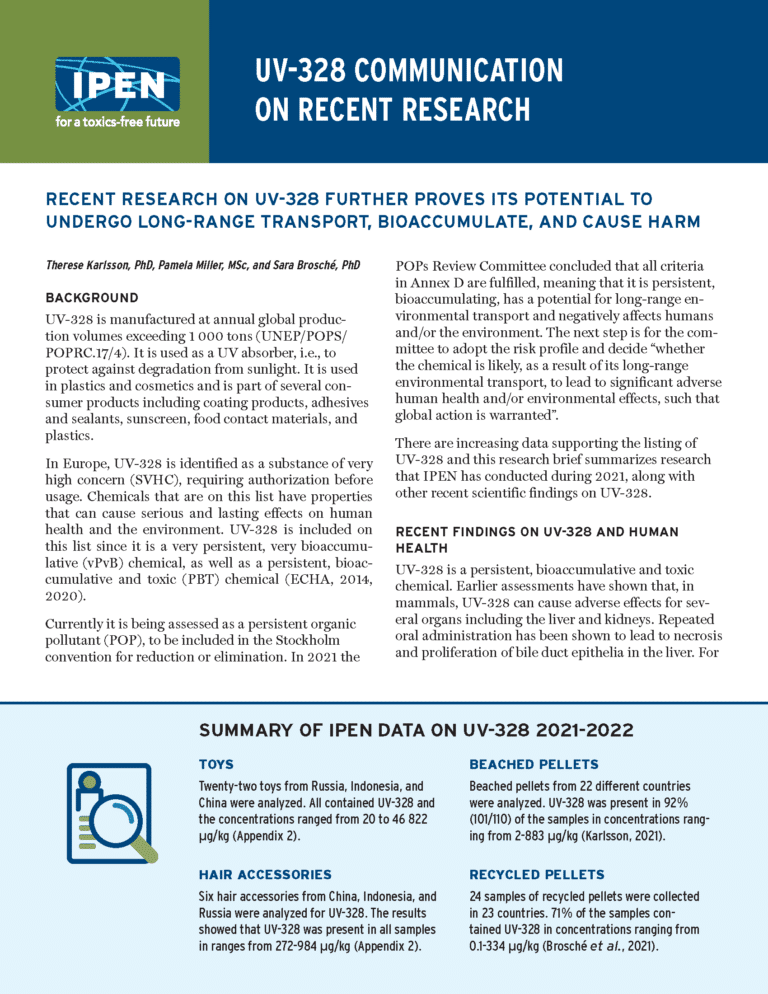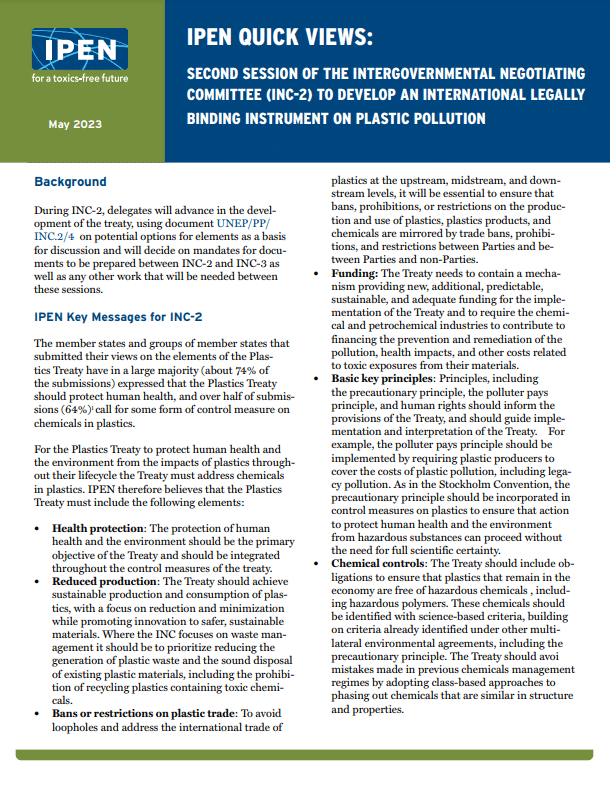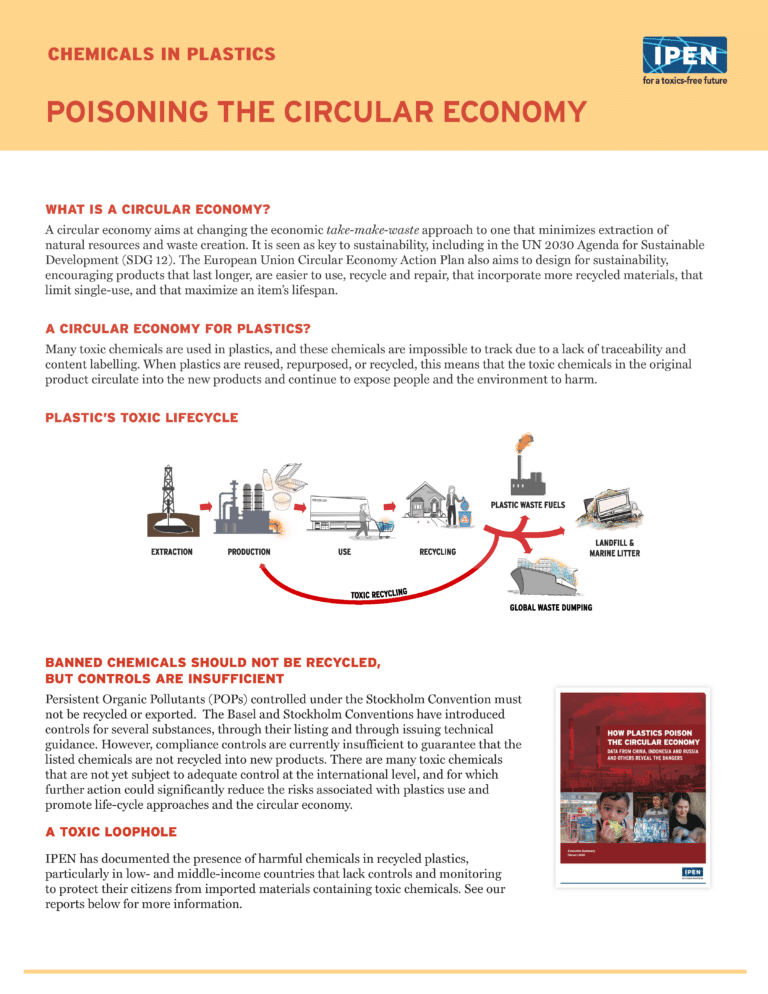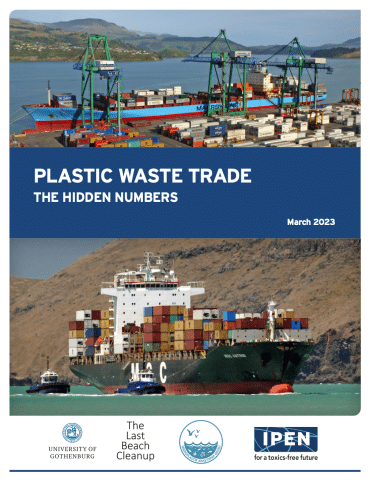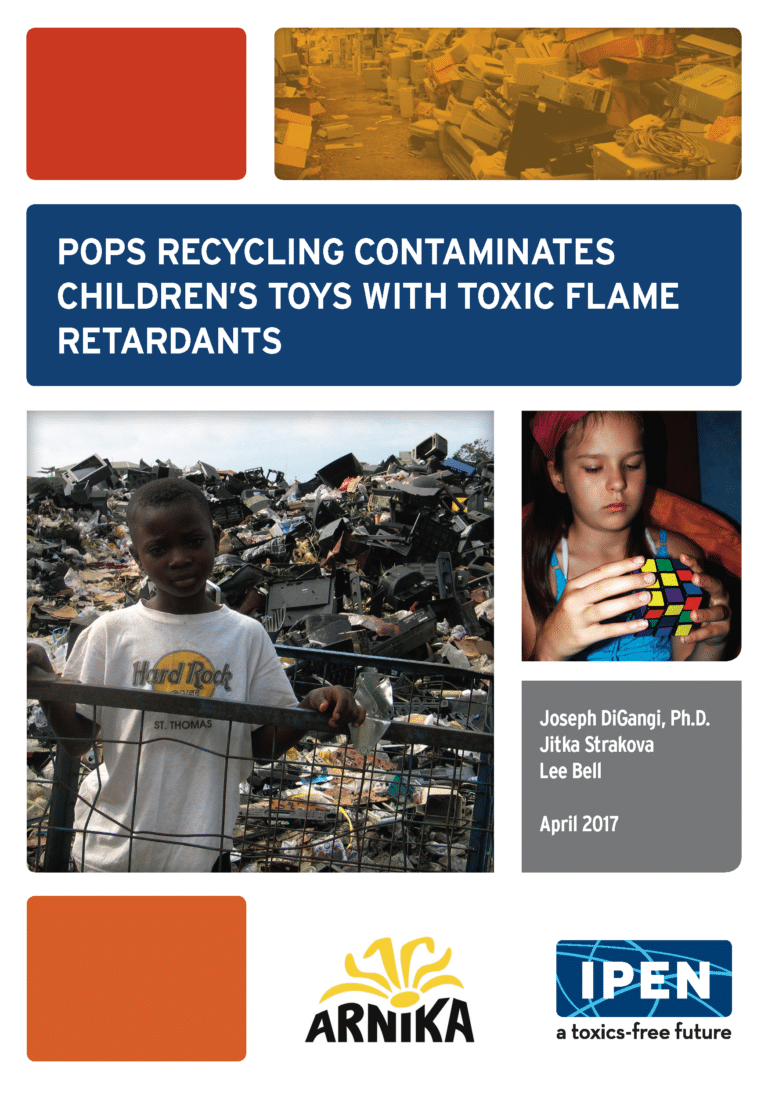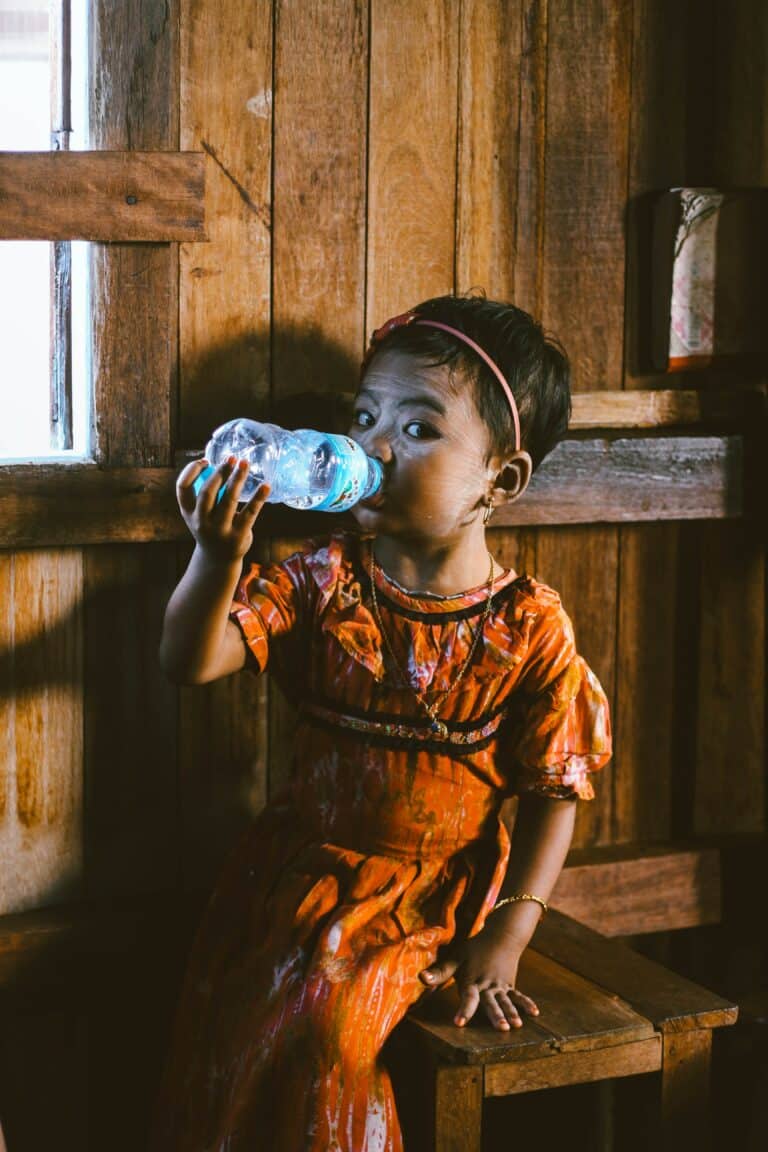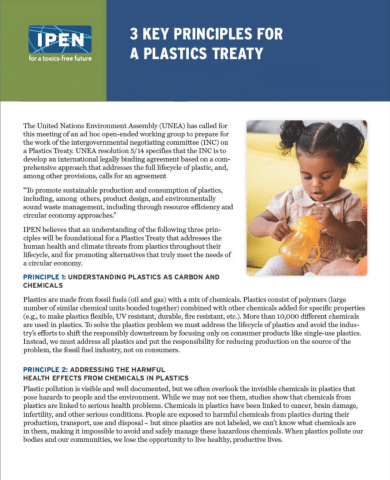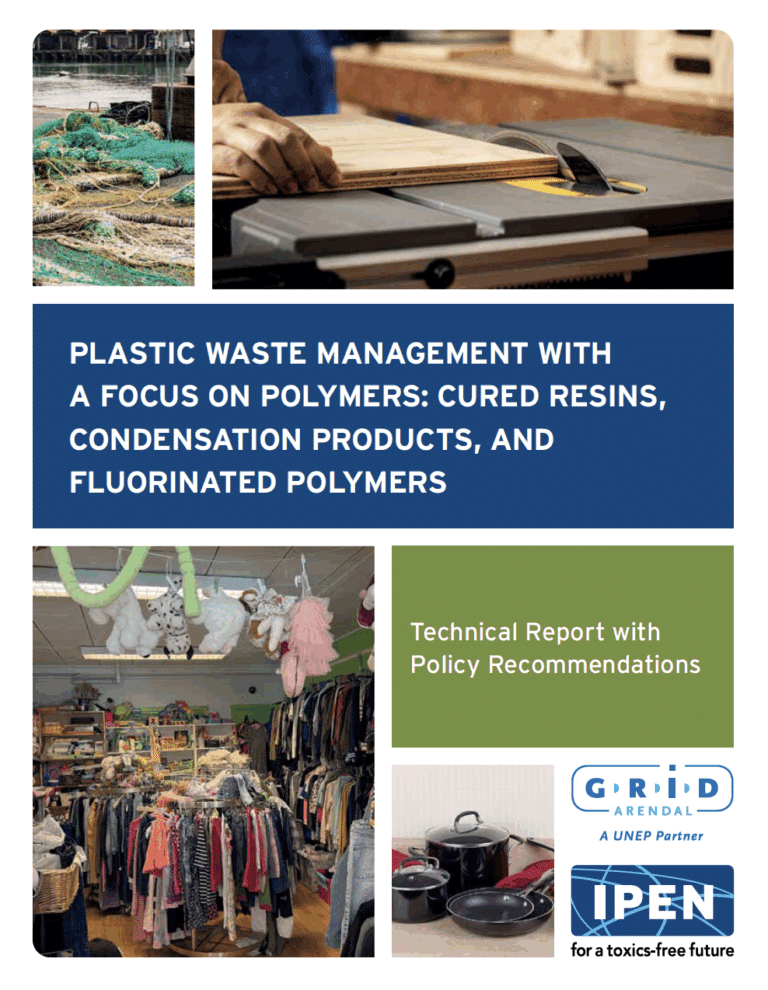















IPEN's Global Actions to End Toxic Plastics
Hazardous Plastics Production
Exceeding The Planetary Boundaries
Plastics are pervasive in our societies and the environment. We cannot avoid
using them, and we cannot avoid being exposed to them. Today, plastics pollution
has rapidly become one of the most pressing environmental threats to
the people and the planet.
Impact Our Ecosystems
Plastic pollution can alter habitats and natural processes, reducing ecosystems’ ability to adapt to climate change, directly affecting millions of people’s livelihoods, food production capabilities and social well-being.
Impact Our Health
Chemicals in plastics have been linked to cancer, developmental delays, reproductive health problems, and more. With increasing plastics production, we are facing irreversible risks to our health and the planet.
Impact People
Vulnerable communities around the world who live near plastic production and waste disposal sites experience an unequal burden of the health impacts from toxic plastics.
Addressing the Plastic Pollution Crisis
A global process to create a Plastics Treaty is underway, to address the plastic pollution crisis, including the health and environmental threats from toxic chemicals throughout the plastics life cycle.
IPEN calls for a Plastics Treaty that:
- Protects health and the environment
- Ends the production and use of toxic chemicals in plastics
- Removes toxic impacts at all stages of the lifecycle of plastics
- Bans recycling of plastics containing hazardous chemicals
- Protects the public’s right to know about chemicals in plastics and information on plastic production and waste exports
- Charges plastic producers to finance the treaty
- Curbs toxic and climate pollutants
Plastics Treaty Principles
Understanding plastics as carbon and chemicals
Addressing the harmful health effects from chemicals in plastics
Toxic chemicals make plastics incompatible with a circular economy
for use by consumers
 Consumers purchase
Consumers purchase plastics in stores
to recycling centers
are burnt as cheap fuel
are discarded in landfills.
Toxic Threats Throughout the Plastics Life Cycle
Extraction and Production
Toxic threats begin even before plastics are produced, from extraction of the materials used to create plastics.
Oil and gas extraction can release toxic air and water pollutants, posing health threats to nearby communities – disproportionally impacting low-income communities of color in the U.S. and low- and middle-income countries in the Global South. Chemical exposures from fossil fuel extraction have been linked to neuro-, reproductive, and developmental toxicity.


For a Toxics-Free Future
IPEN is a global network forging a healthier world where people and the environment are no longer harmed by the production, use, and disposal of toxic chemicals. IPEN serves as a global information source for a wide variety of audiences: NGOs, grassroots organizers, scientists, health officials, and governments, among others. Its international trainings and capacity-building work, publications, and media outreach have made it a “go to” source for emerging information on toxic chemicals and wastes.
IPEN's Global Network
Including more than 600 member groups in over 125 countries, most in low- to middle-income countries in the Global South. In many cases, our members are the only public interest voices in their countries speaking out for health and environmental protections.
Explore to learn more about IPEN’s work to end the plastics crisis and promote safer, toxics-free alternatives to plastics.
IPEN Science & Research Reports
In all our work, IPEN partners with our members around the world to support their local and national efforts and build collaborations across regions for stronger international policies. Our members generate research and data on the health hazards from chemicals in plastics – and are often the only source of this data for their regions.
